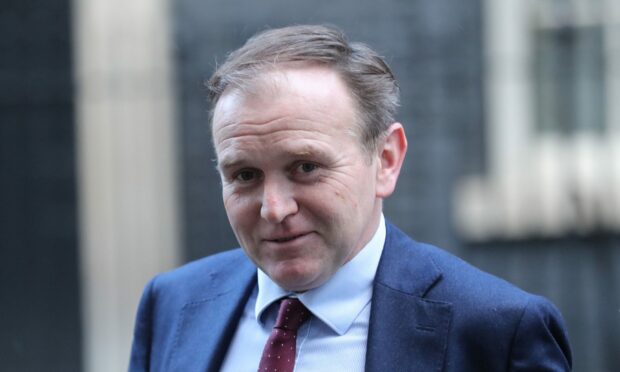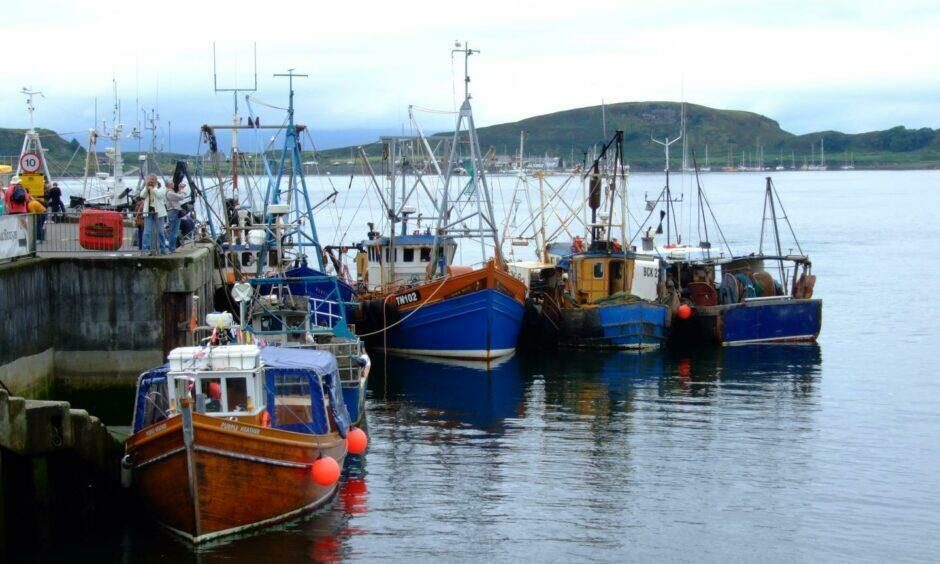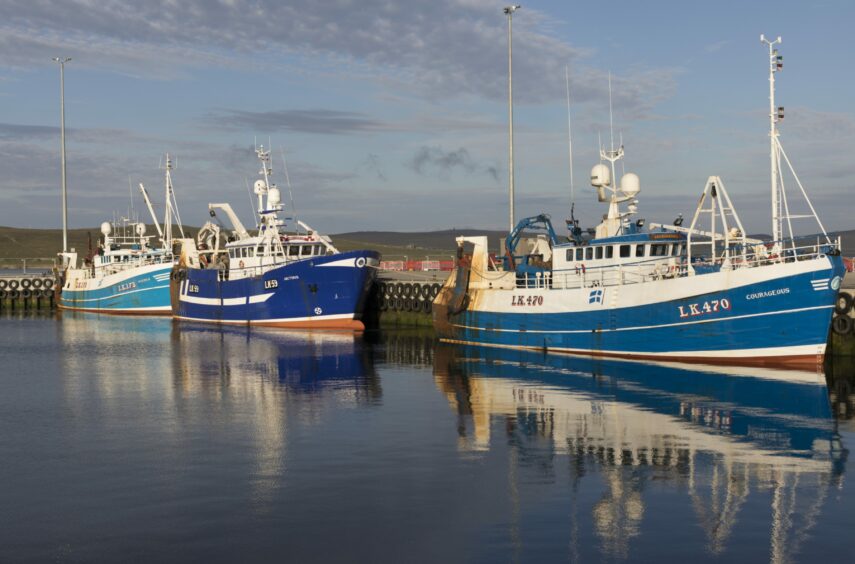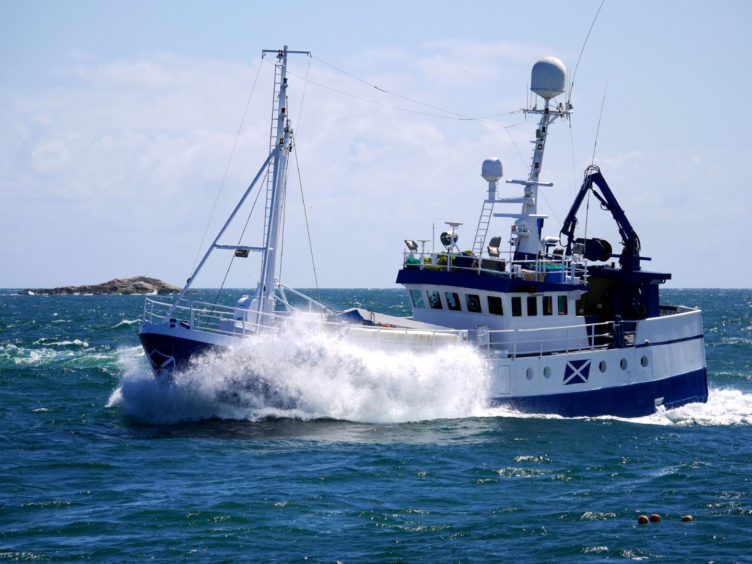On December 30 2020 we signed the Trade and Cooperation Agreement, taking back control of our waters.
Following our departure from the EU, we have seen uplifts in quota shares across the UK.
We have already seen an increase to our quota shares equivalent to around 15% of the average annual value of EU catch from UK waters, and by 2026 this will amount to around 25%.
There have been some really significant quota uplifts for the pelagic sector – targeting species like mackerel and herring.
International deals
At the end of last year we reached agreements with both Norway and the EU, who have finally accepted our status as an independent coastal state.
We entered discussions making clear we would seek a deal that ensured the entire UK industry would benefit and worked closely with the Scottish Government to see this delivered.
These agreements have brought certainty for industry and ensured the continuation of a quota exchange mechanism.
I consider coastal communities to be a crucial part of our levelling up agenda.”
Today (January 18) we are launching a consultation on the joint fisheries statement, which was an important commitment in our landmark Fisheries Act.
It is a joint framework on fisheries management by the UK Government and devolved governments, and I want to encourage all of those in the sectors involved to respond.
It sets out our commitments to sustainable fisheries management, and how we will achieve the eight objectives outlined in our Fisheries Act, to ensure a healthy marine environment and a modern and resilient fishing industry.
The joint statement covers three main areas: Protecting and recovering our fish stocks; reducing the effects of fishing on the marine environment; and supporting our fishing industry.
I consider coastal communities to be a crucial part of our levelling up agenda.
The Scottish fishing sector has a proud history, dating back to the early 1800s when Scottish fishermen were supplying herring across Europe, quickly becoming the largest supplier to the continent.
These efforts were supported by local coastal communities and the importance of their contribution is no less today.
What we are outlining today recognises the importance of the industry, upskilling, succession planning and promoting the consumption of locally-caught fish.
It will also build on other recent support we have launched through the £100 million UK Seafood Fund to ensure the industry can fully reap the benefits of our withdrawal from the EU.
We are committed to ensuring our fishing industry is the most sustainable in the world, from sea to plate.
Following the prime minister’s announcement of £100m to rejuvenate coastal communities up and down the country, I set out that £24m of that money will fund cutting-edge science and research for the sector.
This will see the fishing and seafood industry working jointly with scientists to research new types of fishing gear, gather new data to sustainably manage fish stocks, and trial projects such as new biodegradable packaging for chilled fish and seafood to reduce single-use plastics.
As part of the fund, £65m will be invested in infrastructure projects to strengthen the supply chain in the UK, allowing the industry to make the most of increases in quota secured through the Trade and Cooperation Agreement.
We have the opportunity to deliver the most sustainable fisheries in the world.”
Meanwhile, a £10m skills and training fund will support career opportunities and upskilling in the sector to ensure the industry has the right skills, capacity, and expertise.
Too often the industry has lacked formal routes for training and progression.
I am determined this will change, and we will use this funding to help level up coastal communities around the country.
We have the opportunity to deliver the most sustainable fisheries in the world and I am determined the joint fisheries statement will help deliver this for our fleet and the marine environment.
George Eustice is the UK Government environment secretary.



